‘Indigenous voice to parliament speaks to the plight of Yuendumu’
Yuendumu leaders and educators say the voice to parliament should tackle unacceptable school truancy and violence rates.
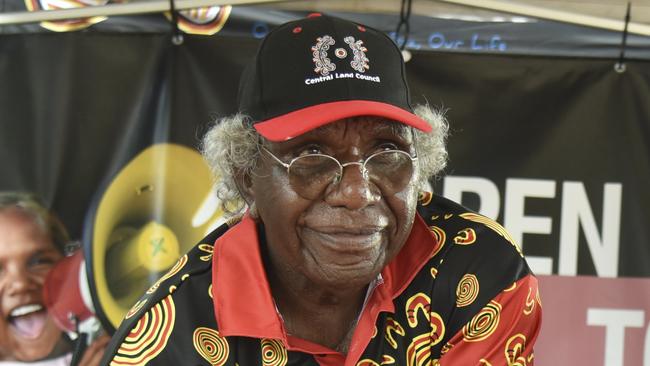
An Indigenous voice to parliament could help tackle entrenched problems such as clan violence, school truancy, overcrowded housing and sly grogging, according to Yuendumu leaders Warren Japanangka Williams and Yamurna Oldfield.
Mr Williams, who is deputy chair of the Northern Territory’s Central Land Council and a strong voice supporter, admitted truancy in the largely Indigenous desert town 300km northwest of Alice Springs “has been a big problem” that has “put our school down a bit’’.
Official figures show average student attendance at Yuendumu School slumped this year to just 34 per cent, but Mr Williams, a former assistant principal at the school, said: “The voice could make a big difference to education in Yuendumu.’’
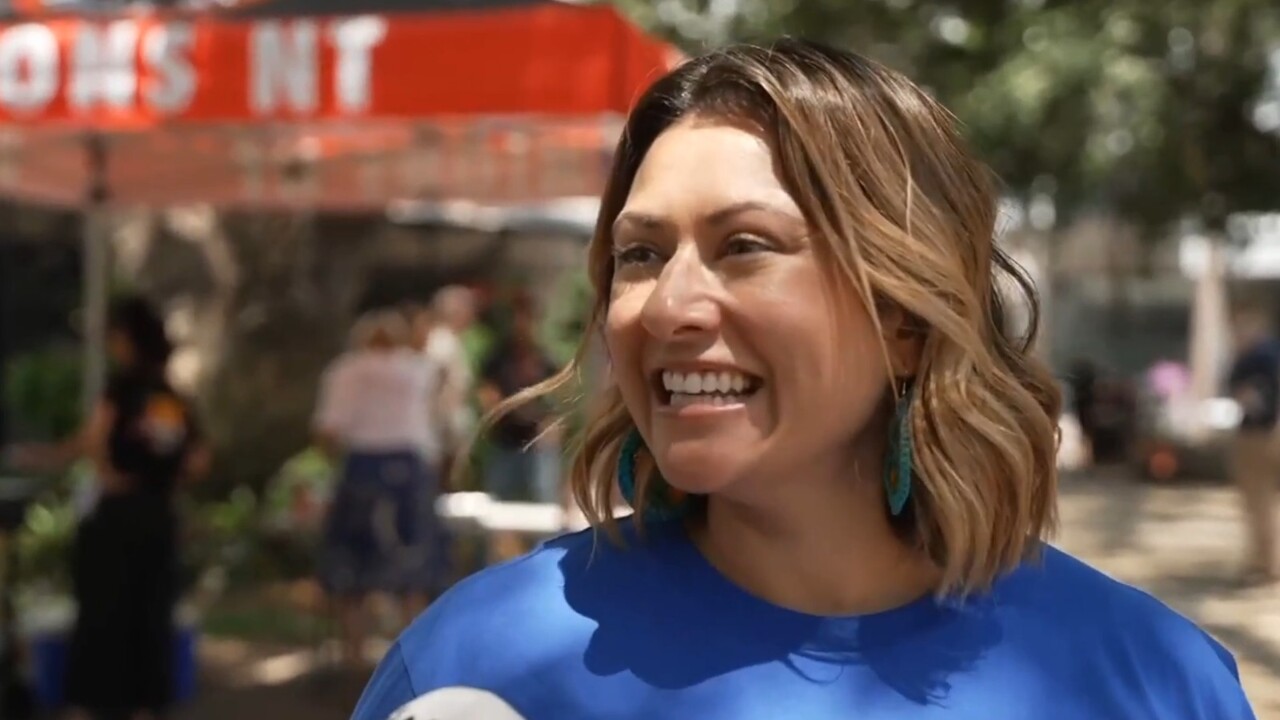
He said voice leaders could improve the quality of existing bilingual education programs for young Warlpiri speakers, and address overcrowding and outbreaks of community fighting that impacted students.
A 69-year-old elder and father of seven – “don’t ask me for grandchildren, there are heaps!’’ – Mr Williams said Indigenous adolescents in many remote communities were losing contact with school. “When they reach 13, 14, they go and look for a boyfriend, girlfriend and they just get blown away … Young people smoking marijuana – that’s a big issue in every community,’’ he said.
The voice would also address the effects of crowded homes on student attendance, he argued. He knew of sleep-deprived children living in houses where music was played and visitors arrived late at night. “It’s happening everywhere,’’ he said, stressing such problems were not confined to Yuendumu.
This frank assessment comes as confronting Northern Territory Education Department statistics show almost two thirds of students do not consistently show up for class at Yuendumu School, which educates children from preschool to Year 12. In term one of 2023, the government school, with an average enrolment of 161 students, had an attendance rate of 37.2 per cent. This fell to 34.3 per cent in term two.
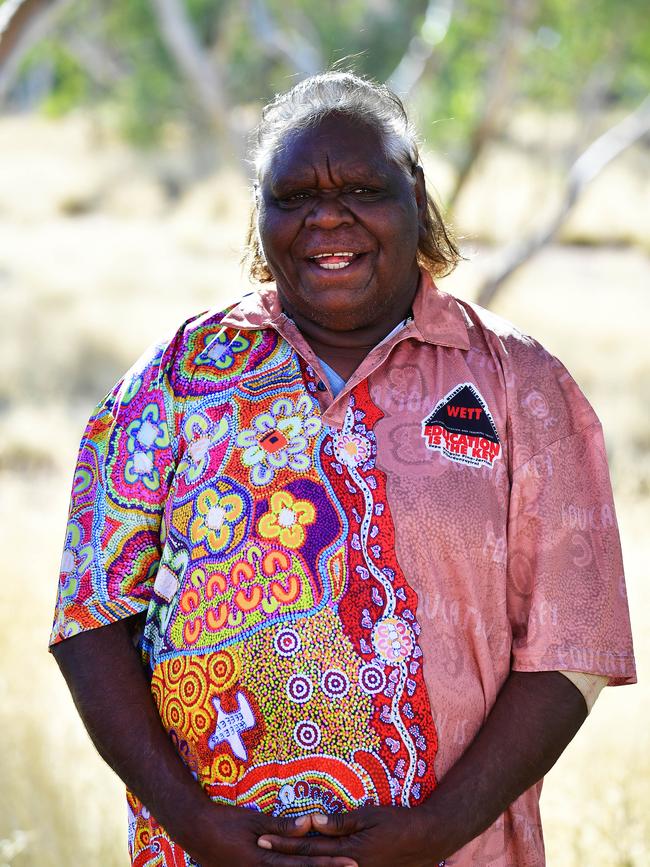
Disturbingly, the department’s figures show that other government schools deemed “very remote” have lower attendance rates than Yuendumu. In term one this year, Papunya School’s average attendance was 25.8 per cent; Milyakburra school in East Arnhem Land was at 24 per cent (falling to 18.7 per cent for term two); and Newcastle Waters School recorded 21 per cent average attendances, nosediving from 53 per cent in term one, 2022.
Ms Oldfield is Yuendumu School’s assistant principal, and she agreed that resolving the truancy crisis should be a priority for the voice. “We want to see people sending their kids to school every day,’’ she said, adding that in Yuendumu, “if kids come to school every day they get a good education’’.
The voice’s top priority should be securing jobs for remote students when they finish school and sending more students to boarding school, she said. Asked if many Yuendumu children go on to university, the school leader replied: “No, nothing. We should be talking (about that).’’
Mr Williams and Ms Oldfield agreed that any Indigenous Territorians who represent them on the voice should be elected rather than appointed. If the October 14 referendum is successful, Mr Williams hoped that parliament’s new advisory body would give Yuendumu’s leaders far-reaching powers to temporarily expel from the town those involved in sporadic, violent clan disputes, which have seen some residents flee the town.
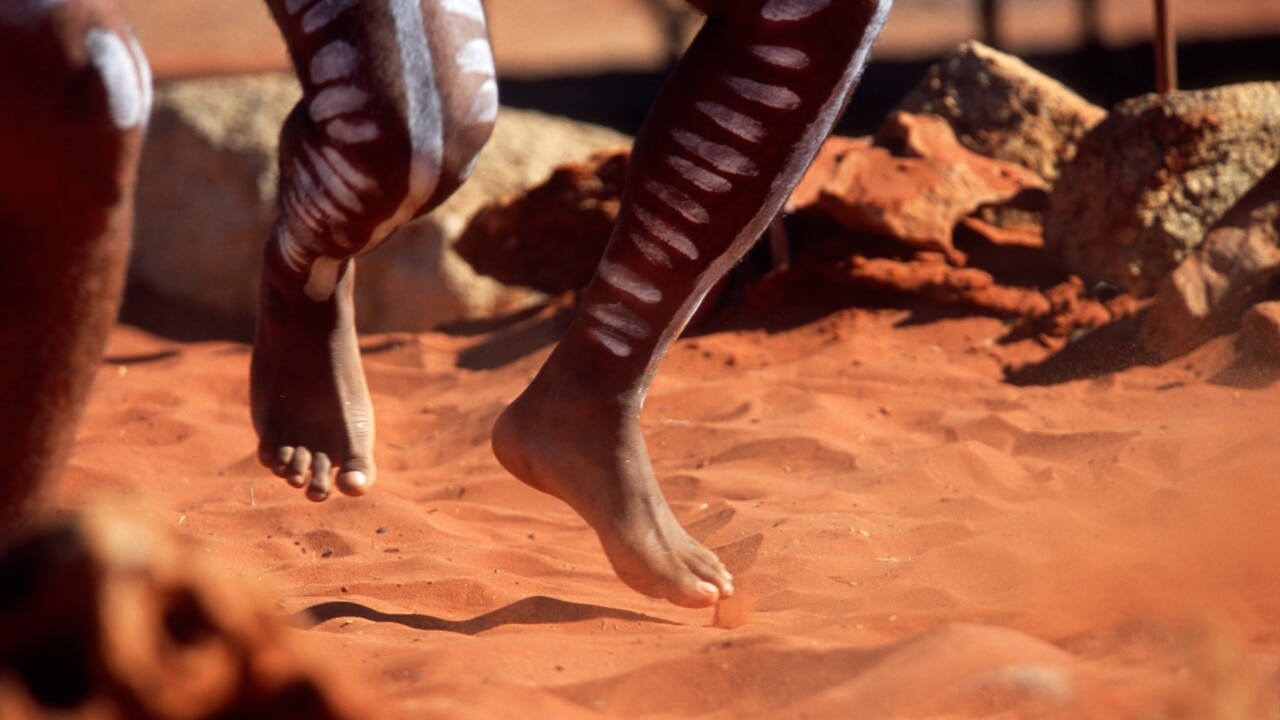
“If there’s people fighting here all the time, we could have our own by-laws, maybe put these people out for a couple of months and maybe they (local leaders) can then negotiate between families what’s the best way to make things good again,’’ he said.
In 2019, Yuendumu was catapulted into the national spotlight after local Warlpiri man Kumanjayi Walker was killed during an arrest by police officer Zachary Rolfe, who was subsequently acquitted of murder. The community’s anger and grief over the acquittal has been followed by separate unrest, with the police presence boosted last year as warring families fought each other.
To escape the fighting, some of Ms Oldfield’s relatives “went to Alice Springs and are just doing nothing. They are staying in other people’s houses. There should be a place to keep those people safe in Alice Springs.’’
While clan conflicts had “slowed down’’ in recent months, last year street fights broke out while the assistant principal was teaching, and “we just kept them (the children) working. Make them busy. We don’t want little kids to panic, or big kids to panic.’’
The famously AFL-mad town is a dry community and according to 61-year-old Ms Oldfield, who is a life-long resident, “Yuendumu is a good place to live. (But) we want to keep the kids safe here, old people. We want to be safe, the trouble comes from Alice Springs. It’s the grog that makes people fight.’’
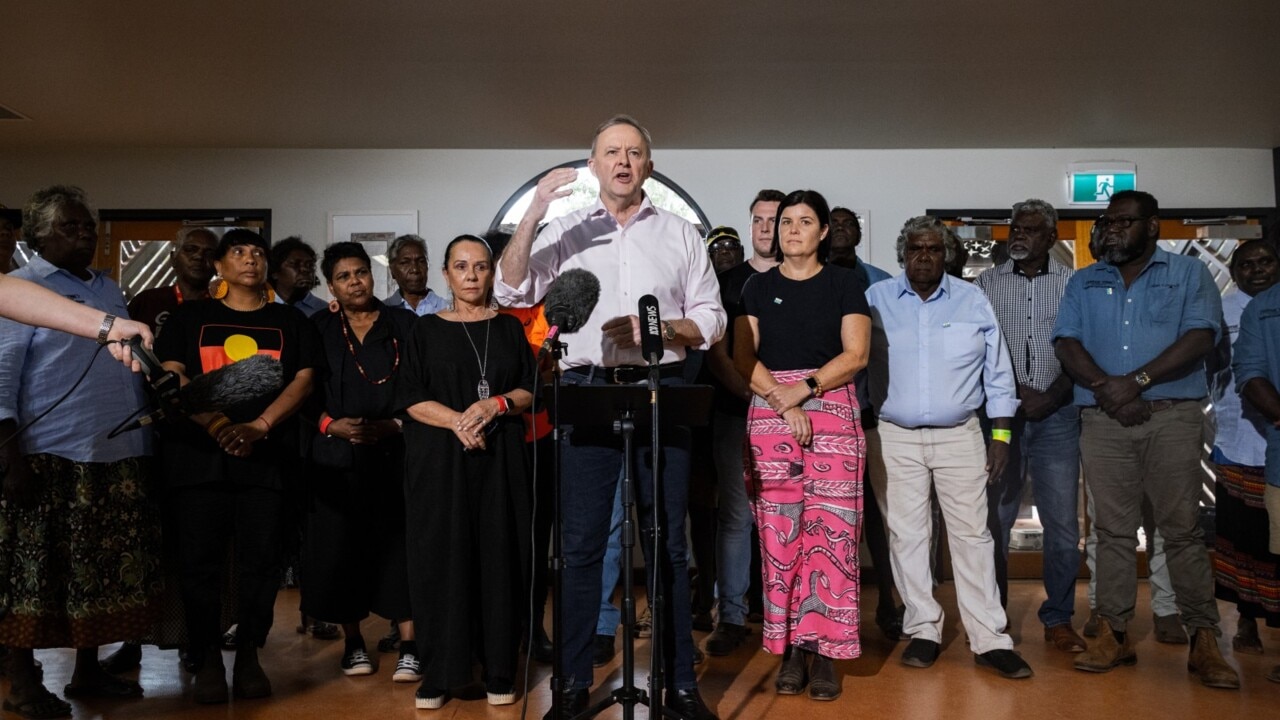
She said sly groggers imported alcohol into Yuendumu from Adelaide or Alice Springs. “Some people sell it for so much money – $250, $350 – for just one bottle of rum.’’ She argued the voice should recommend stronger laws to deal with sly grogging, which was hard to police. “It’s a secret you know, big secret,’’ she said.
While Mr Williams believed a voice to parliament “will change everything” for his town, Ms Oldfield was not so sure. “Maybe. We’ll try,’’ she said, adding that it would be an improvement on previous reforms.
Meanwhile, other NT Education Department statistics highlight a glaring attendance gap not just between Indigenous and non-Indigenous students, but between Aboriginal students living in urban areas and Aboriginal students in remote areas.
In term one of this year, Aboriginal students’ attendance rate at government schools in the Darwin region was 75.7 per cent. In contrast, in term two, overall attendance rates for remote NT government schools was 48.2 per cent.
A spokeswoman from the NT Education Department said the latter figure represented a 2.1 per cent improvement since term two, 2022. She said the department was conducting a secondary education review focused on boosting student participation and retention, “particularly in remote areas’’.
She added: “The Department of Education acknowledges that one of the most significant and pressing issues facing education in the NT is student attendance and engagement in learning.’’


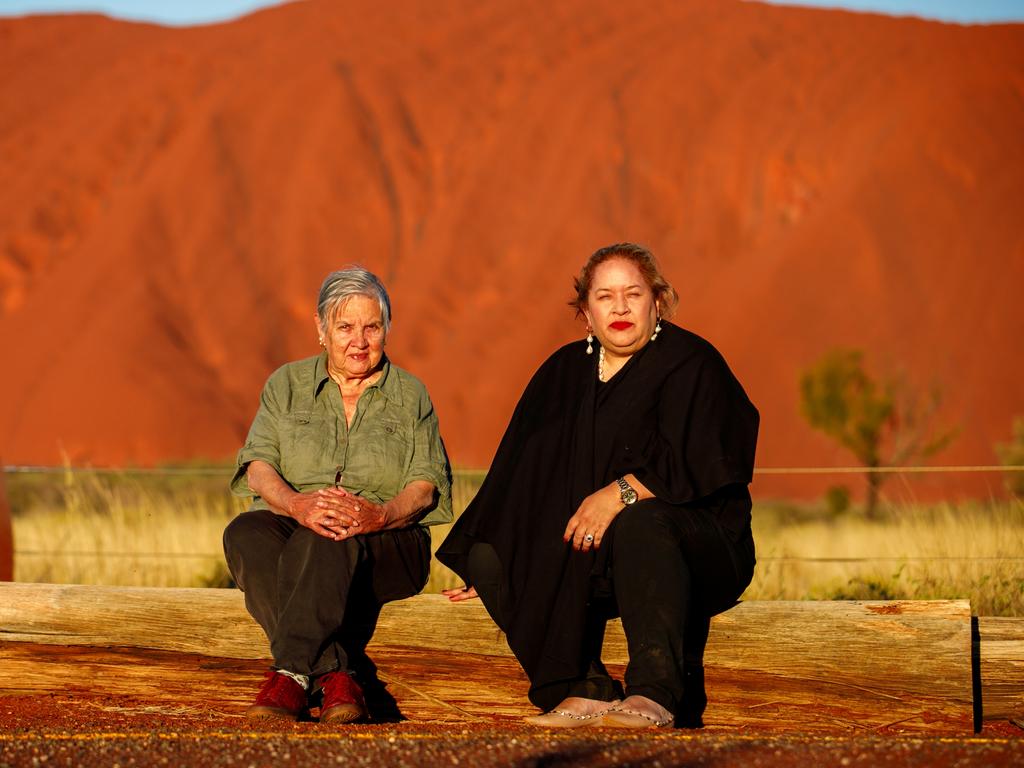
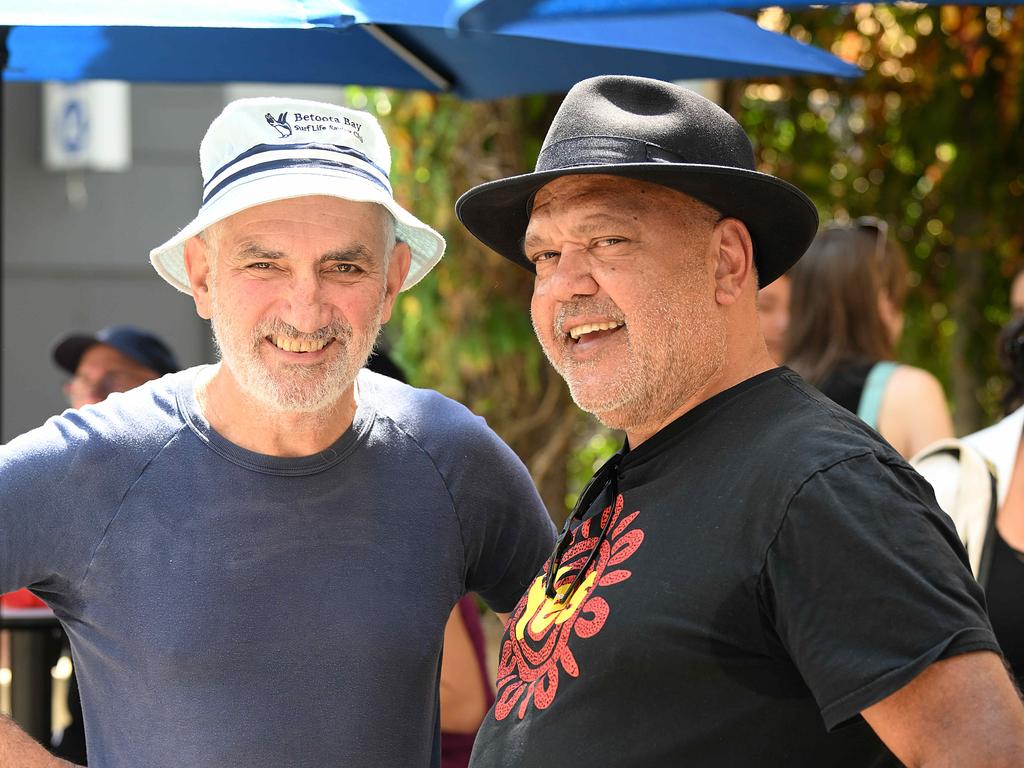


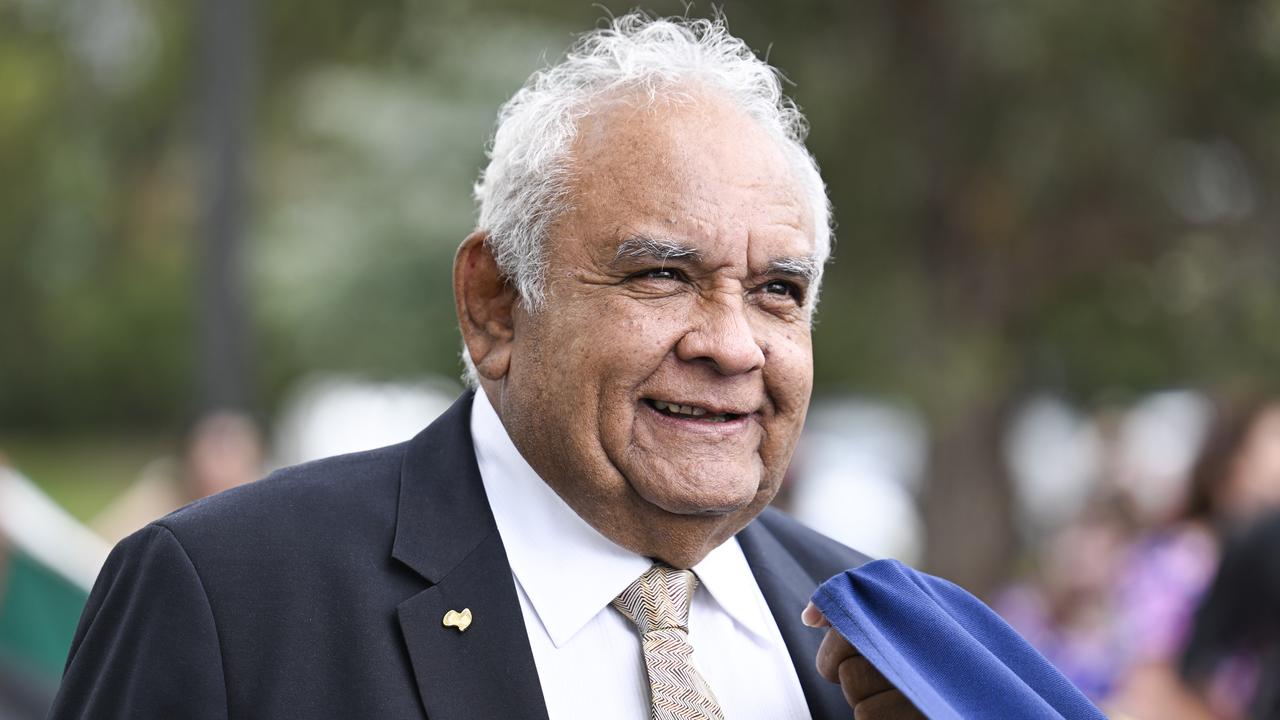
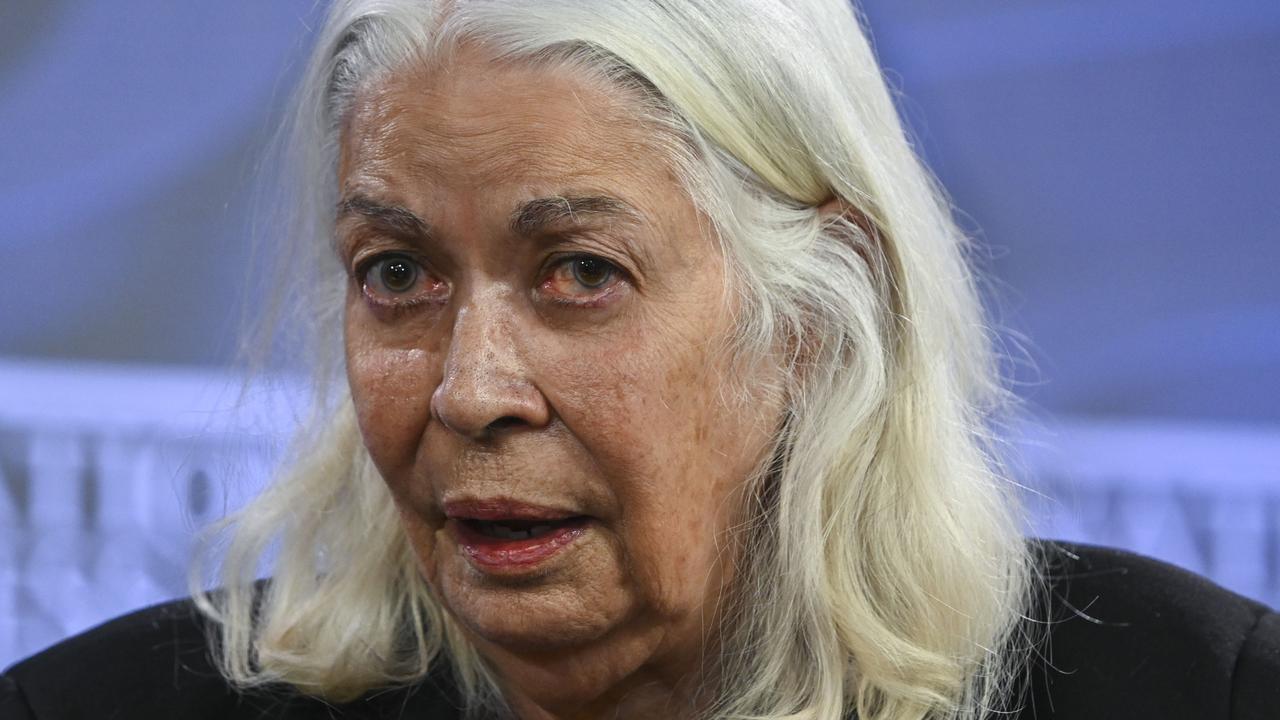
To join the conversation, please log in. Don't have an account? Register
Join the conversation, you are commenting as Logout